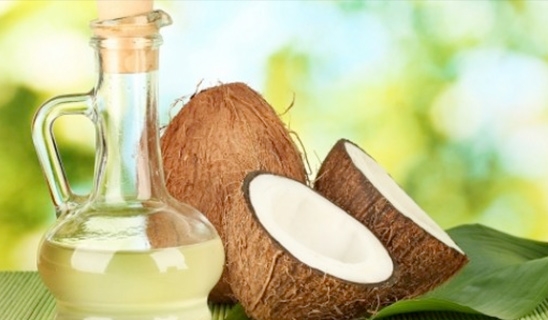Vitamin K has a major role in healthy blood clotting. In the case of a skin wound, for example, blood clotting (and vitamin K) help the wound to close and prevent excessive bleeding. Additionally, vitamin K helps keep the body’s blood clotting ability at a perfect level. This is useful even if we are not wounded, so that our cardiovascular system doesn’t block a functioning blood vessel by mistake.
Like calcium, vitamin K has been established as a bone-enhancing nutrient. Multiple studies have found that those ingesting large amounts of vitamin K are at a decreased risk of bone fractures, while individuals deficient in vitamin K are at a greater risk.
Vitamin K also helps prevent arterial calcification.
Vitamin K deficiency is rare for two different reasons. First, the vitamin is abundant in leafy green vegetables. Secondly, bacteria in your intestine actually make vitamin K on their own. That being said, it’s important to steer clear of antibiotics whenever possible. Antibiotics destroy all bacteria in your gut (good and bad) and lead to antibiotic resistance, a sluggish mental state and obesity.
Significant sources of Vitamin K:
- Kale
- Spinach
- Broccoli
- Dried Basil and Dried Sage
- Dried Thyme
- Brussels Sprouts
- Asparagus
Other vitamin-K rich foods are okra, beans, cabbage, greens and prunes.
Hippocrates Organic Wheatgrass Powder is available.





